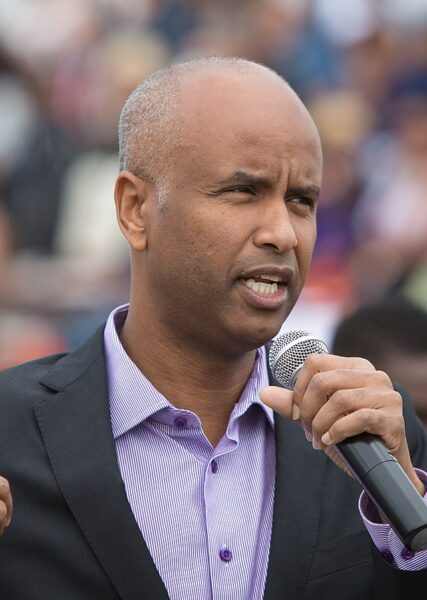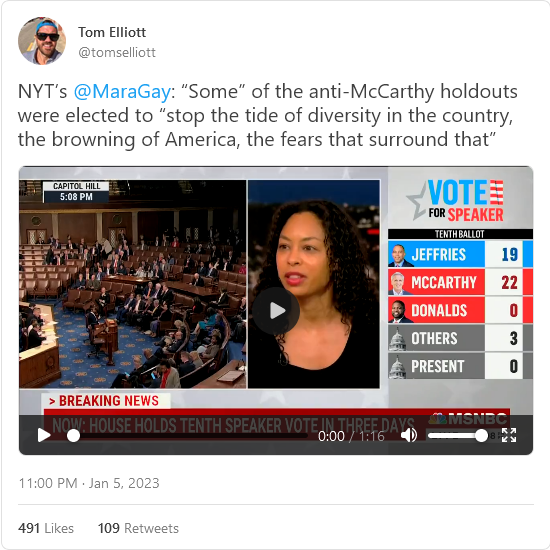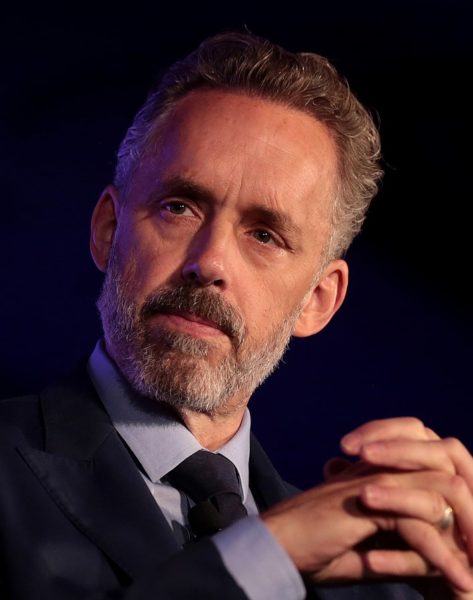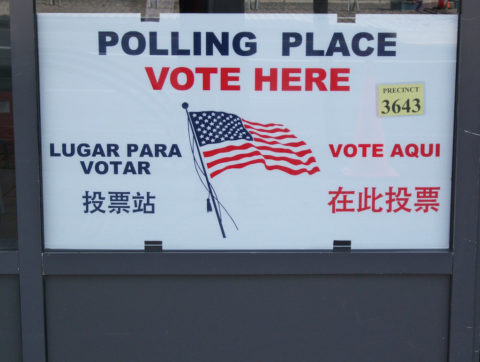Paul Wells notices an oddity with current federal government ministers’ continued dependence on outside contractors to help them with “communications”:

Immigration minister Ahmed Hussen at the Toronto Caribbean Carnival in 2017.
Photo by Bruce Reeve via Wikimedia Commons.
We’ll circle back to some specifics in a minute, but I’m fascinated by the notion of “communications” embodied here. I have questions.
- Four, five and seven years after being elected, who still needs communications help? You tell your voters the world will end if they elect the other team. A reporter calls, you send them bullshit. This isn’t exactly tricky.
- In what sense is this “communications”? Look at what Munch More Media did when Global came calling. (1) They erased their website. (2) They scrubbed their IG. (3) They shut down their Twitter account, which Global says had a single follower. (4) They left their Instagram account, whose last post was from 2018, and their LinkedIn account, which lists four followers and names no employees, intact. This is not a company with a proud story to tell. There’s a term for a communications firm that uses no social media. It’s “A firm that had damned well better have a sister in the minister’s office.”
- Hussen’s office hopes you’ll believe that a cabinet minister’s constituency office and his ministerial office never talk, but they sure seem to have closely studied the example of Munch More Media when it comes to fielding reporters’ queries. “Hussen’s office — over multiple conversations this week — did not acknowledge any connection between the director of Munch More Media and one of his most senior advisers,” Global reports. Now that’s gold-star communicating.
- This approach to communications is having its desired effect. Quick: What on Earth is Ahmed Hussen the minister of? How about Mary Ng? Don’t worry, I’m stumped too. Can you quote anything either person has ever said about anything? Of course not. If Hussen — or, might as well shoot for the moon, Ng — resigned from cabinet today, a resolution I here heartily advocate, you’d have to spare some sympathy for the poor wire-service reporter who’d be expected to come up with some kind of ending for the sentence beginning, “The minister is best known for ____.”
- Hussen’s riding has been held by the Liberals (and one apostate Liberal, John Nunziata, after he left the caucus to sit as an Independent) since Hussen was three years old, except for four years after the 2011 election. It’s one of the most reliably Liberal ridings under the eye of God, except for four years after the 2011 election. The only communications material a Liberal in York South-Weston needs is a billboard saying, “Michael Ignatieff Is No Longer the Liberal Leader.”
Willie Sutton was once asked why he robbed banks. Because that’s where the money is, he said. Well, communications contracts are the new banks. There will always be money in communications contracts, and, gloriously, the simple answer — “Answer the question” — is never correct. The goal of communications is not to communicate. It’s to figure out how to communicate as little as possible.

















